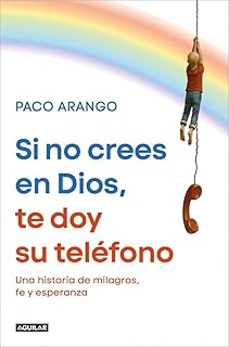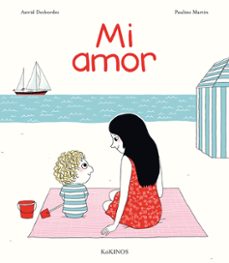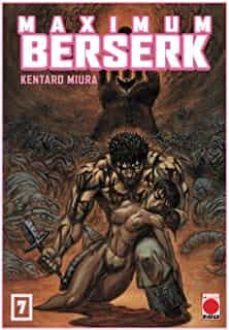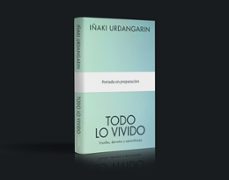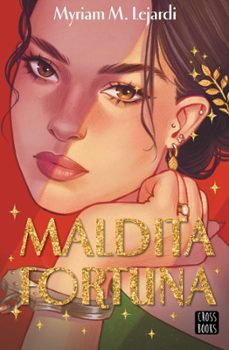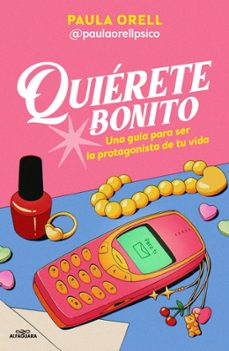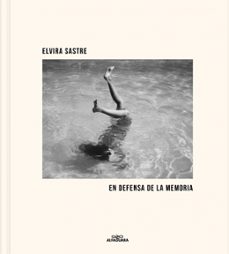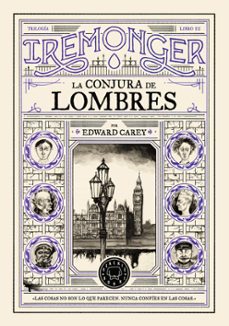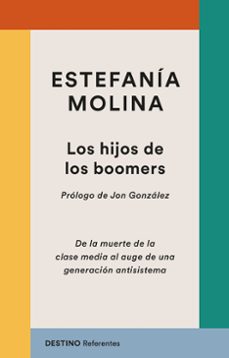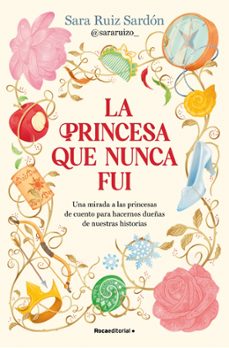📗 Libro en portugués EGYPT (PORTUGUES)
TASCHEN BENEDIKT- 9783822847626
Sinopsis de EGYPT (PORTUGUES)
What do we really know about our ancestors? Not about the rulers and generals, but about laborers, farmers, soldiers and families. Egypt is a perfect case in point, almost a blank slate for most of us as it regards details of their everyday life. This useful and informative book attempts to set the record straight by offering a distinctive take on that most mythologized of epochs. Who would have guessed, for example, that the first strike in recorded history took place in 1152 BC during work on the necropolis in the Valley of the Kings, a protest by construction workers against delayed deliveries of oil and flour? Two fairly banal commodities maybe, but essential: oil protected the skin against the savage desert climate, whilst flour was the base ingredient for thirty different kinds of nutritional cake. It is this detailed examination of the evidence that distinguishes this volume, with chapters on everything from relationships to leisure activities, the role of women to the manufacture of mummies. And just like the mummies, "fragile as eggshell but solid as a statue" and magically able to transcend death, both people and country are brought alive for us again.
Ficha técnica
Editorial: Taschen Benedikt
ISBN: 9783822847626
Idioma: Portugués
Número de páginas: 240
Encuadernación: Tapa dura
Fecha de lanzamiento: 06/11/2008
Año de edición: 2005
Plaza de edición: Koln
Alto: 30.0 cm
Ancho: 24.0 cm
Especificaciones del producto
Escrito por Rainer Hagen
Rose-Marie Hagen, suiza de nacimiento, estudió Historia y Filología Románica en Lausana. Después de ampliar sus estudios durante varios años en París y Florencia, se dedica a impartir clases en numerosos centros, entre ellos la American University de Washington, D.C. Rainer Hagen, nacido en Hamburgo, estudió Literatura y Drama en Múnich. Posteriormente trabajó en radio y televisión, donde ha ostentado el cargo de jefe de redacción de una cadena de televisión alemana. Ambos autores han publicado varios libros para TASCHEN, entre otros una obra sobre la vida de Francisco de Goya, además de Los secretos de las obras de arte.
Descubre más sobre Rainer Hagen Recibe novedades de Rainer Hagen directamente en tu email
Opiniones sobre EGYPT (PORTUGUES)
¡Sólo por opinar entras en el sorteo mensual de tres tarjetas regalo valoradas en 20€*!









